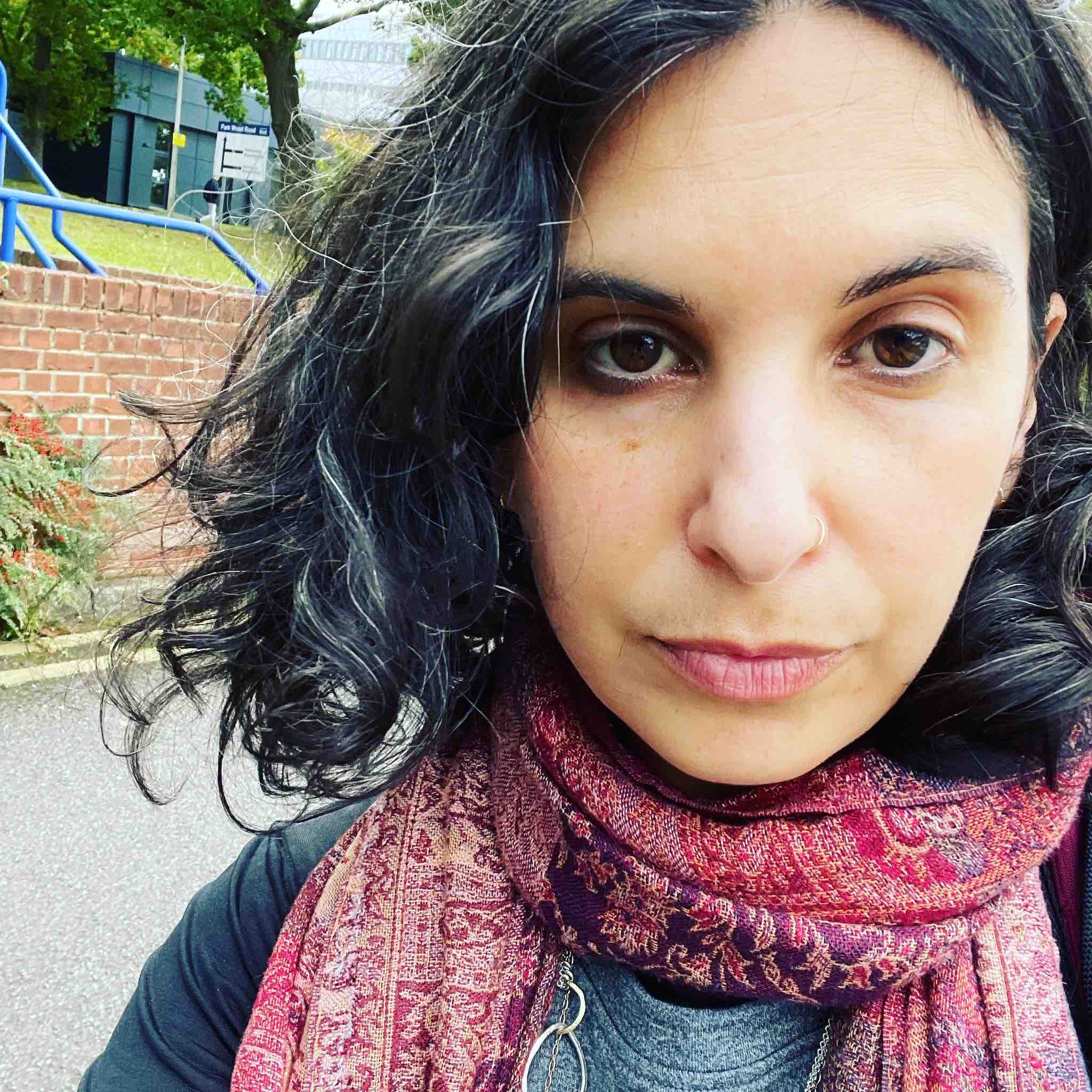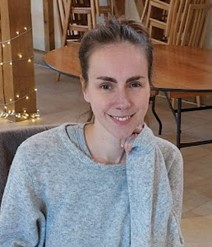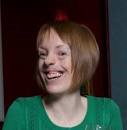The University of Kent’s Staff Disability Network aims to support staff who are disabled, have a long-term health condition or neurodivergence, and to support those working with or who are interested in inclusive practices. The network provides a forum to share information, consider best practice, and enable opportunities for staff to engage with news, events and training.
That’s great, right? But who are we?
Introducing the network’s co-chairs
The Staff Disability Network is jointly led by six members of staff from across academia and professional services. They are all passionate about equal and inclusive practices, possess expert knowledge about disabilities, chronic illness, and neurodivergence, and actively work to raise awareness, promote understanding and good practice, and make real world changes to embed inclusive practices.
Jennifer Leigh (she/her)

Jennifer worked in the Centre for the Study of Higher Education since 2012, and is now a Reader transitioning into the School of Social Policy and Social Science Research. She has a particular interest in using embodied, reflective, and creative practices for social justice. Her current work includes addressing and highlighting experiences of marginalisation in science due to intersectional factors including disability, gender, race, and caring responsibilities.
Recent articles include a commissioned series of comment pieces around parenting for Nature Reviews Chemistry, and an article ‘The future of chemistry learning and teaching must be accessible’ in J. Chem. Ed. Her recent books include; Women in Supramolecular Chemistry: Collectively crafting the rhythms of our work and lives in STEM (2022, Policy Press, Open Access), Embodied Inquiry: Research Methods (2021, Bloomsbury), Ableism in Academia: Theorising lived experiences of disability and chronic illness in higher education (2020, UCL Press, Open Access), and Conversations on embodiment across higher education: Teaching, practice, and research (2019, Routledge). Her next book Boundaries of qualitative research with therapy, education, art, and science will be published by Policy Press in 2023.
Jolie Keemink (she/her)
 Jolie is a Postdoctoral social care researcher working in the Personal Social Service Research Unit (PSSRU) which is part of the School for Social Policy, Sociology and Social Research (SSPSSR). Her research focuses on inclusive practice within social care relating to several protected characteristics including sexuality, gender identity, age, disability, neurodivergence and their intersections. Inclusive practice refers to care practice that ensures that every individual feels safe, comfortable and celebrated. In collaboration with the voluntary sector and local government, Jolie endeavours to generate evidence on what good inclusive care looks like and how it can be embedded within local policy.
Jolie is a Postdoctoral social care researcher working in the Personal Social Service Research Unit (PSSRU) which is part of the School for Social Policy, Sociology and Social Research (SSPSSR). Her research focuses on inclusive practice within social care relating to several protected characteristics including sexuality, gender identity, age, disability, neurodivergence and their intersections. Inclusive practice refers to care practice that ensures that every individual feels safe, comfortable and celebrated. In collaboration with the voluntary sector and local government, Jolie endeavours to generate evidence on what good inclusive care looks like and how it can be embedded within local policy.
In her personal life, Jolie loves to read. She is particularly interested in books on autism (in wxmen/gender-non conforming folks), both scientific accounts and personal experiences (hello special interest!). She is very happy to discuss experiences with other staff/students and keen to create a supportive community.
Hannah Greer (she/they)
 Hannah works in the Careers and Employability Service as an Employability Adviser, managing the Work-Study Scheme which supports students and graduates from Widening Participation backgrounds/protected characteristics in navigating the world of work. Hannah is passionate about all things EDI, and is the Careers team’s EDI Rep, alongside her role as Co-Chair.
Hannah works in the Careers and Employability Service as an Employability Adviser, managing the Work-Study Scheme which supports students and graduates from Widening Participation backgrounds/protected characteristics in navigating the world of work. Hannah is passionate about all things EDI, and is the Careers team’s EDI Rep, alongside her role as Co-Chair.
A lifelong volunteer and champion for the marginalised, outside of work, Hannah helps run tech “unconferences” and can often be found involved in something geeky, or watching Netflix series with a cat (or two) on her lap. Interested in neurodiversity, chronic illness and chronic pain management, Hannah is always keen to support students and staff in bringing their whole self to work, and talking about their disability with positivity and confidence.
Josie Caplehorne (she/her)
 Josie works with the Information Services Research and & Scholarly Communication Team at the University of Kent and, in addition to her co-chair role, she is also an Equality, Diversity & Inclusivity (EDI) Representative, and an invited member of the Publishers Association Accessibility Action Group.
Josie works with the Information Services Research and & Scholarly Communication Team at the University of Kent and, in addition to her co-chair role, she is also an Equality, Diversity & Inclusivity (EDI) Representative, and an invited member of the Publishers Association Accessibility Action Group.
In 2022 she received two awards recognising her commitment to embedding inclusive practices at the University of Kent, and for the local and global impact her work has had for different communities.
Her forthcoming publications include Ableism and exclusion: Challenging academic cultural norms in research communication (Journal of Research Management and Administration); and Embedding accessibility in research support and scholarly communication systems and processes: a reflective case study (Advanced Journal of Professional Practice).
Amanda Bates (she/her)

Amanda works for the Centre for Health Services Studies (CHSS) as a Public Engagement Officer. She is also a Chartered Psychologist. Aside from her Co-Chair role she is a member of the CHSS Equality, Diversity & Inclusivity (EDI) Group as well as being part of the divisional EDI Group.
Amanda has a long-standing interest in disability and accessibility issues and ensuring that voices of marginalised groups are not only heard but actively shape policy and practice; ‘nothing about us without us’. She has been an invited speaker at national and international conferences on the promotion of the service user voice in research, service evaluation and patient pathways.
Outside of her University work, Amanda is an Ambassador for Changing Faces which is a charity that represents and supports people with a visible difference (disfigurement) and is also a Disability Equality Trainer and Consultant.

